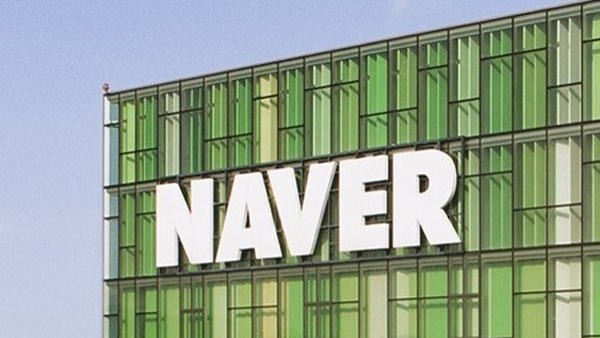FTC imposes W1b fine on Naver’s real estate service
By Lim Jeong-yeoPublished : Sept. 6, 2020 - 14:33

South Korea‘s Fair Trade Commission on Sunday imposed a fine of over 1 billion won ($842,000) on Naver for predatory real estate practices.
According to the antitrust government agency, Naver prevented real estate information businesses that it had ties with from working with Kakao.
Naver has violated the Fair Trade Act by progressively extending the scope of its exclusivity contracts with real estate businesses and actively blocking Kakao from entering the market, the FTC said.
As a result of this, Kakao’s real estate information service was marginalized while Naver rose to a dominant position with over 40 percent of real estate listings and over 70 percent of total page views among similar services.
The FTC determined that Naver’s grip on the infrastructure has reduced consumer choice and hurt small real estate businesses, whose best interest is in listing available properties on as many platforms as possible. The FTC fined Naver a total of 1.032 billion won, and advised it to take corrective action.
Responding the same day, Naver contested that it reviewed the real estate information in question to safeguard consumer confidence. The information, therefore, was Naver’s intellectual property, it said.
This service of confirming the listings was first adopted by Naver for the Korean market in 2009, for which it invested billions of won and creative efforts, Naver said.
It was alone in cultivating the system, as competitors had turned down its offer for collaboration, according to a Naver official. Naver had outsourced the reviewing to Korea Internet Self-governance Organization and listed the distilled data on its platform.
While the growth of the market had invited other innovative players such as Zigbang and Dabang, who put up their own proofed information, contrarily Kakao attempted to free-ride on KISO data, Naver said.
Naver will undertake a legal and structural response to have its rights protected, the company said.
This is the first case of business deterrence pressed by the FTC’s special information and communications technology team that was launched in November 2019.
The local industry perceives this as indicating that the FTC intends to clamp down on unfair practices by online portals.
By Lim Jeong-yeo (kaylalim@heraldcorp.com)
According to the antitrust government agency, Naver prevented real estate information businesses that it had ties with from working with Kakao.
Naver has violated the Fair Trade Act by progressively extending the scope of its exclusivity contracts with real estate businesses and actively blocking Kakao from entering the market, the FTC said.
As a result of this, Kakao’s real estate information service was marginalized while Naver rose to a dominant position with over 40 percent of real estate listings and over 70 percent of total page views among similar services.
The FTC determined that Naver’s grip on the infrastructure has reduced consumer choice and hurt small real estate businesses, whose best interest is in listing available properties on as many platforms as possible. The FTC fined Naver a total of 1.032 billion won, and advised it to take corrective action.
Responding the same day, Naver contested that it reviewed the real estate information in question to safeguard consumer confidence. The information, therefore, was Naver’s intellectual property, it said.
This service of confirming the listings was first adopted by Naver for the Korean market in 2009, for which it invested billions of won and creative efforts, Naver said.
It was alone in cultivating the system, as competitors had turned down its offer for collaboration, according to a Naver official. Naver had outsourced the reviewing to Korea Internet Self-governance Organization and listed the distilled data on its platform.
While the growth of the market had invited other innovative players such as Zigbang and Dabang, who put up their own proofed information, contrarily Kakao attempted to free-ride on KISO data, Naver said.
Naver will undertake a legal and structural response to have its rights protected, the company said.
This is the first case of business deterrence pressed by the FTC’s special information and communications technology team that was launched in November 2019.
The local industry perceives this as indicating that the FTC intends to clamp down on unfair practices by online portals.
By Lim Jeong-yeo (kaylalim@heraldcorp.com)
















![[KH Explains] Hyundai's full hybrid edge to pay off amid slow transition to pure EVs](http://res.heraldm.com/phpwas/restmb_idxmake.php?idx=652&simg=/content/image/2024/04/18/20240418050645_0.jpg&u=20240418181020)

![[Today’s K-pop] Zico drops snippet of collaboration with Jennie](http://res.heraldm.com/phpwas/restmb_idxmake.php?idx=642&simg=/content/image/2024/04/18/20240418050702_0.jpg&u=)